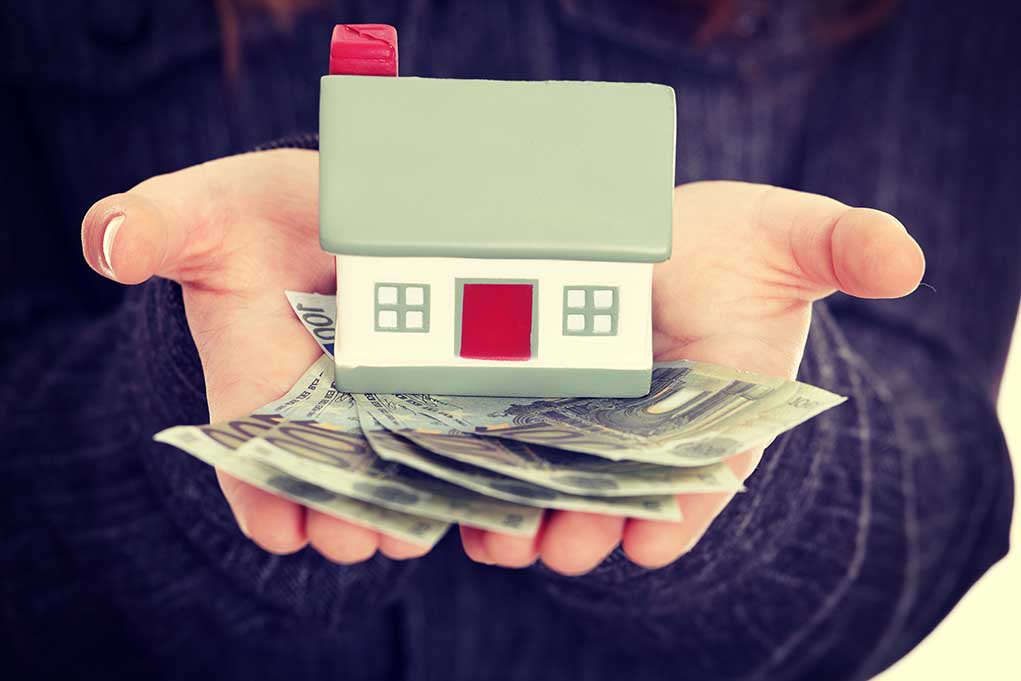
(RepublicanView.org) – Buying a home requires a good credit score and a substantial down payment to get a low-interest rate. For this reason, not everyone may qualify to purchase in today’s real estate market. Renting to own may be an alternative, but it comes with its own unique advantages and disadvantages. Here’s how the process works.
What Is Renting to Own?
Initially, you will sign a lease agreement with extenuating guidelines outlining the option to buy the home before the lease is up. Many rent-to-own options also allow a portion of your monthly rent payment to count towards equity on the home you’re planning to purchase. Renting first will allow you to save money, pay off debts, and raise your credit before taking out a mortgage.
A lease-option agreement allows you to buy the house if you wish to before the end of your lease term is complete. A lease-purchase agreement requires you to buy the house by the end of the agreed-upon time limit. Before signing any contract, make sure you know whether or not you want to purchase the home in question and all the terms and conditions of the agreement.
Pros of Renting to Own
Renting to own gives you the chance to reserve the residence of your dreams while also giving you some extra time to get your financial affairs in order before completing a lease. Another essential factor of renting to own is that you will lock in a set price for the property at the signing date of the lease agreement. No matter how crazy the housing market might get after signing the contract, your future home will remain the same price.
Truthfully, renting to own is best suited for someone who has bad credit. Rebuilding credit takes time, so buying a property may not be possible immediately. Renting first while still working towards eventually owning the home you’re living in is one of the best ways to establish stability for your future.
Cons of Renting to Own
One of the biggest downfalls to renting to own is forfeiting money each month on rent payments. Instead of your entire monthly income going towards equity and interest on your property, a portion of it will go to the current owner of the house, your landlord. Renting first lengthens the homeowning process, as it will take longer to own the residence in full.
There is also a chance the housing market will drop after you’ve signed your lease agreement papers. In this case, you would have to pay the original agreed-upon amount. The likelihood of the market dropping is entirely unknown, so this is a gamble most people take when they decide to rent to own.
When possible, buying a home outright is the best option financially. However, renting to own is an excellent option for those who either can’t afford the down payment or have a bad credit score. If you decide to take this route, make sure you trust your landlord and have a well-written contract that protects you both.
Copyright 2023, RepublicanView.org




